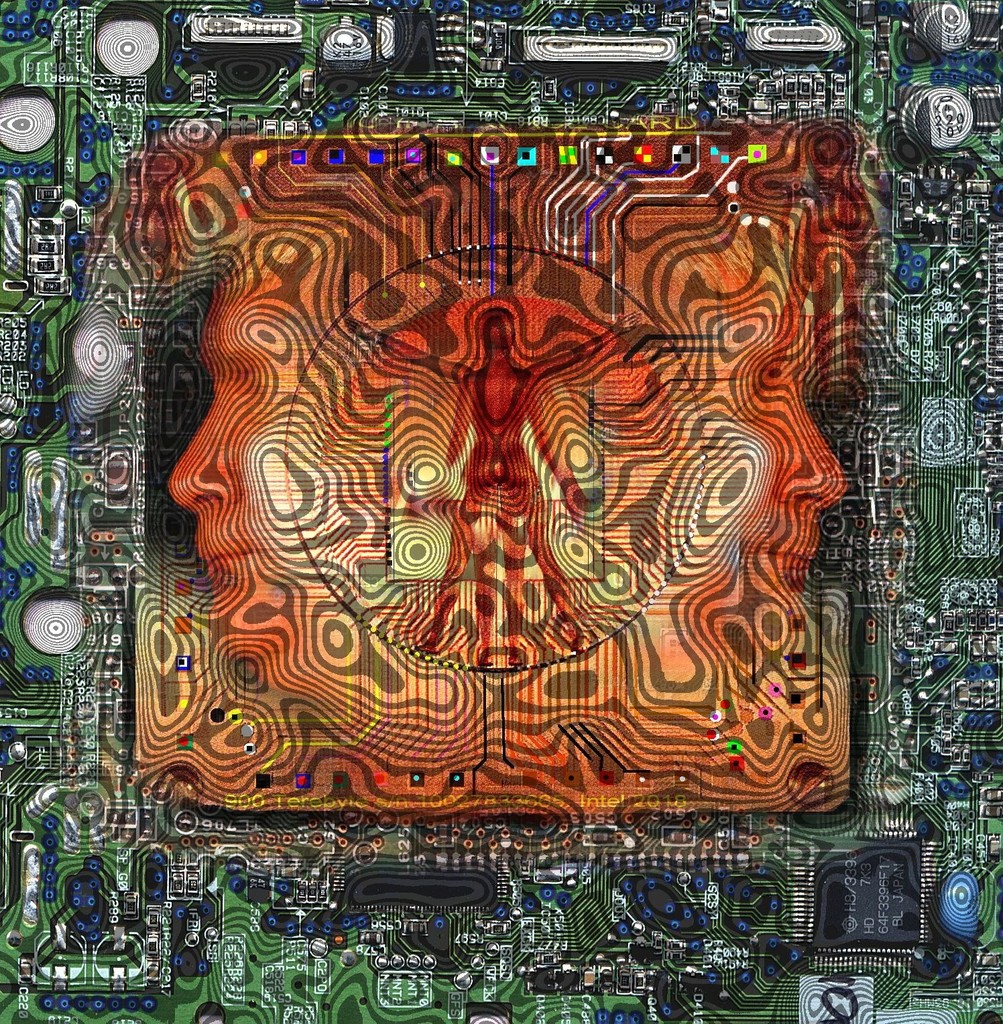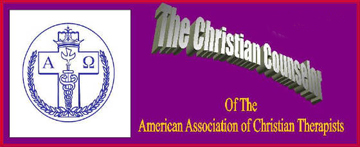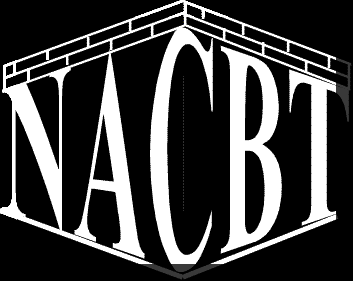|
Psychologist Credentials & More. |
|
Licensed Clinical Christian Therapist, LCCT# 3504 TX (9/04)
Florida Board Certified Mental Health Professional -# 50155 FL (3/06) Florida Board Certified Behavior Analyst - #BHA 0221 FL (3/98) Certified Cognitive-Behavior Therapist - #CBT12389 (6/99) Nationally Certified Psychologist; NCP 00279 (4/97) Official CFARS Rater (FL) 802-001-485 (4/99) Notary Public (FL) #109290 (2/06) Certification of Specialty in Human Services Administration from Nova Southeastern University. Clear definition of a neuropsychologist and it's duties:
A neuropsychologist is a psychologist who specializes
in studying brain behavior relationships. Neuropsychologists have extensive training in the anatomy, physiology, and pathology
of the nervous system. Some neuropsychologists specialize in research while other neuropsychologists specialize in evaluating
and treating people who are thought to have something wrong with the way in which their nervous system is functioning.
Neuropsychologists study brain behavior relationships under very specific circumstances which are both controlled and standardized. As a general rule, this means using tests which have been validated and which have been shown to have acceptable levels of sensitivity and specificity. This means the test can measure the thing it is trying to measure even when the thing it is trying to measure is only present in small amounts and it also means the test can distinguish the thing it is trying to measure from other things.
Clinical neuropsychologists evaluate patients using one of three general methods. The first method is to use an assessment technique in which a fixed battery of tests is given and in which we only want to know what functions are impaired and what functions are not impaired. The most commonly used representative of this type of test is the Halstead - Reitan Neuropsychological Battery. The second method is to use an assessment technique in which a fixed battery of tests is given but in this method there is a hierarchical arrangement of items within each subtest so that if a function is impaired, the level at which it is impaired can be determined. The most common representative of this type of test is the Luria - Nebraska. Common to both of these tests is a long history of research studies examining the ability of the two batteries to measure dysfunction of the brain and to accurately identify why that dysfunction is occurring. The third method used by neuropsychologists is the flexible battery approach. By definition, the flexible approach is not a battery because when one uses this approach one gives a group of tests allegedly picked for just the particular patient. Neuropsicología La neuropsicología clínica es una profesión especializada en el funcionamiento del cerebro. Provee evaluación y tratamiento de personas con accidentes cerebrovasculares, traumatismos craneoencefálicos, demencia, trastorno por déficit de atención con hiperactividad, trastornos generalizados del desarrollo y otras enfermedades o lesiones. Yo vengo con un conocimiento especializado en la relación entre el cerebro y la conducta y en como las enfermedades y lesiones afectan al funcionamiento cerebral. También ayudo a la gente a recuperarse de lesiones cerebrales y a adaptarse a sus secuelas. La evaluación neuropsicológica determina si existen déficits en el funcionamiento del cerebro. Su objetivo es planificar el tratamiento, a definir las metas apropiadas y a hacer recomendaciones que aumenten la probabilidad de éxito de los pacientes. También se utiliza como prueba pericial en juicios. Utiliza tareas no invasivas, tales como responder a preguntas o a tests. Algunas de las áreas examinadas son: lenguaje, atención, memoria, procesamiento visual, velocidad en la ejecución de tareas, resolución de problemas, razonamiento, emociones, inteligencia general, etc. El daño cerebral es una lesión producida en el encéfalo como consecuencia de un traumatismo, una enfermedad u otras causas. Daños cerebrales. Las lesiones pueden afectar a diversas áreas del funcionamiento de la persona, como son las habilidades motoras, cognitivas, de comunicación, emocionales y sociales. Por ese motivo, las repercusiones afectan a todos los ámbitos del paciente y su familia, modificando su vida profesional, familiar, personal y social. Algunas de las principales causas del daño cerebral son las siguientes:
|
||||||||||||||||||
|
Life is a wonderful thing, live and let live.
Cognitive Psychology deals with how people perceive, learn, remember, and think about information. The earliest
roots of this study can be traced back to two areas: philosophy and physiology.
Philosophy
There have been two early schools of thought that are still in debate today. Aristotle led one school of philosophers,
the empiricists. Empiricists believe that all knowledge is gained through experience. Plato, in contrast, was a rationalist.
He, and his followers, believed that knowledge can only be find through the mind, rather through the corporeal world of the
body. By the 1700¹s, debates about empiricism and rationalism had reached a peak. Then, Immanuel Kant had interests in synthesizing
the two schools of thought. He stated that some knowledge, a posteriori knowledge, was gained by experience, while other knowledge,
a priori knowledge, was innate. Although the debates were not completely settled, Kant¹s synthesis have impacted greatly on
a new discipline years later: Cognitive Psychology.
When the study of psychology began to emerge in the 1800¹s, some regarded it as a field of philosophy, while others regarded
it as a field of physiology. Today, both areas of research have had important concerns in various aspects of cognitive psychology
. In the following summaries, I will show a brief history of the fields of research that have made an impact on cognitive
psychology today.
Structuralism was the study of the structure or configurations of perceived elements by analyzing items into their
constituent components. Although it does not necessarily appear in this form in the study of cognitive psychology, it has
had an imp act on it by being a systematic, empirical science. Wilhelm Wundt was a progenitor of structuralism and believed
that, in order to analyze our own perceptions, there must be introspection.
Functionalism argued that people should focus on the processes of thought rather than its contents. There are three
fundamental aspects of this study: 1) the study of mental processes, 2) the study of the uses of consciousness, and 3) the
study of the total relationship of the organism to its environment. Functionalists believed that, if there were questions,
the best thing that could happen was to answer them, whether or not the methods were the same. Thus, this led to pragmatism.
Pragmatism, a continuation of functionalism, was led by William James, one of the chief contributors of cognitive
psychology today. In his Principles of Psychology, topics such as attention, consciousness, and perception were discussed
in detail. Another pragmatist was John Dewey, a believer in practical education.
Associationism examines how events or ideas can become associated with one another in the mind, to result in a form
of learning. This field of study can be directly rooted in the early empiricists, who believed that knowledge can only be
gained by observing different items in contiguity, similarity, and contrast. Hermann Ebbinghaus was the first experimenter
to apply associationist principles systematically. He rigorously studied his own thoughts, or experimentally introspected.
Eventually, he found that experienced were better kept in memory by rehearsal. Edward Lee Thorndike, held that satisfaction
was the key to forming associations by his law of effect.
Behaviorism came about from associationists who saw the benefits of studying S-R relationships in animals. Ivan
Pavlov termed a type of involuntary learning that depended on contingency, classical conditioning. Behaviorism states that
psychology should only deal with observable behavior, and not internal thoughts. John Watson is usually thought of as the
father of Behaviorism, and said that thinking was just a subvocalized speech. B.F. Skinner, a radical behaviorist, operant
conditioning could suffice to explain all of human behavior. Edward Tolman, in the 1930¹s, finally stated that it seemed that
human beings could not be understood merely by stimulus and response events, but also by the goals and plans formed in the
minds of people. Thus, Tolman can be thought of as a forefather of cognitive psychology. Other researchers, such as Bandura
and Rescorla, have shown that cognitive processes do occur and can affect learning.
Karl Spencer Lashley was among the first to articulate the need for psychologists to look beyond behaviorism and see what
the brain had the power to achieve on its own. He sought to understand how the organization of the human brain made possible
such co mplex activities such as using language, playing music, and playing games. These ideas, and technological developments,
led to the importance in studying the human mind. By the 1960¹s, the cognitive revolution had begun. Early cognitivists like
Miller, Galanter, Pribram, and Neisser, were eager to express that behavioristic accounts were inadequate.
Research Methods in Cognitive Psychology
Goals in cognitive psychology include data gathering, data analysis, theory development, hypothesis formulation, hypothesis
testing, and application to settings outside the research environment. All in all, the research focuses on describing particular
c ognitive phenomena. Cognitive psychologists have used 6 methods of research: 1) laboratory or controlled experiments, 2)psychobiological
research, 3) self-reports, 4) case studies, 5) naturalistic observation, and 6) computer simulation and artificial in telligence.
Each method offers both advantages and disadvantages.
In sum, Cognitive Psychology uses ideas and methods from many different areas of research, having its roots in both philosophy
and physiology. Scientists use these ideas to study how humans acquire and use knowledge. They study biological bases of cogni
tion, as well as mental imagery, attention, consciousness, perception, memory, language, problem solving, creativity, decision
making, reasoning, developmental changes, human intelligence, and various other aspects of human thinking.
|
|
||
|
|
|
|
|||||||||||









